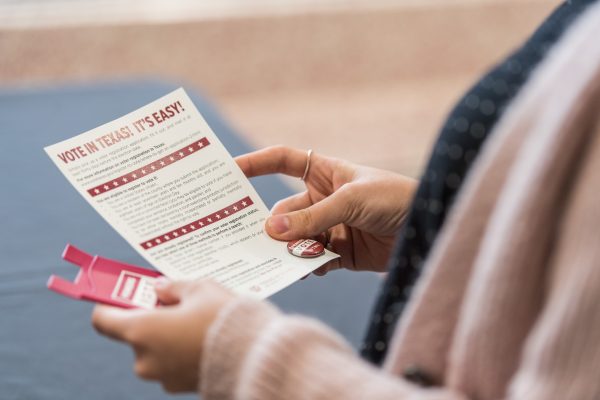Midterms are here, and for many students, task and assignments are starting to pile up. Every student has numerous tasks to complete in each of their courses, and their responsibilities don’t end there; midterms are often just the precursor to semester-concluding projects and assignments that have been building steam for weeks now. This often causes a domino effect of stress and anxiety. Anxiety activates our fight-or-flight response, often causing both reactions to manifest simultaneously. We choose flight as we procrastinate tasks to push our stress into the next day, and this often transitions into a fight response that has us completing tasks at the last minute with a metaphorical gun to our heads.
Reach out
Fortunately, none of us are alone in these struggles; help surrounds every student in their classmates and their professors. “Seriously… college is hard, and students aren’t just dealing with their classes: they have to manage their lives outside of the classroom in addition to the burdens of challenging course loads, and it’s not easy,” said Assistant Professor of English Ashley Bender, Ph.D. “It’s all connected. . . students are whole people. . . their identities aren’t just tied up in being a student,” Bender continued.
Reaching out for help is one of the most important things a student can do. “I know it can be extraordinarily difficult for students to reach out to faculty when they are struggling. In general, our culture tends to equate a request for help as a sign of weakness, but I see it as a sign of strength – it takes courage to overcome the fear of being judged as ‘less than’,” said Assistant Professor of English Gretchen Busl, Ph.D. Associate Professor of Education Laura Trujillo-Jenks, Ph.D., also emphasized her open door policy: “First of all, I need to know. . . I always give them (students) my cell number; they’re allowed to text me or call me any time, and I constantly am in contact with them.”
Exam anxiety
Anxiety often manifests on the day of an exam as well, causing even well prepared students to draw blanks. Professors realize test anxiety is real, and their advice is almost universal. “You’ve already done all the studying, so you can’t study anymore; so really, the easy part is actually taking the test. Regardless of how well you perform on the test, the hard part is over, so just take it (the test),” said Assistant Professor of Spanish William Benner, Ph.D. “Grades are not the be all, end all. Sure, they matter, but learning matters most. Becoming less grade-focused and more learning-centered means that we appreciate the struggles and challenges more without as much fear and anxiety about a bad grade,” added Bender.
People are looking out for you
Unbeknownst to students, professors are often actively combatting stress and anxiety with them in the design of their lesson plans. Marketing Professor David Rylander, Ph.D., plans his days to help students combat stress. “Before each class, I play music. . . I might do a little music trivia with them. I also believe laughter is a great stress reliever, so I try to make sure I have everyone laughing at least some every class meeting,” said Rylander. Rylander also brought in a team from Axeos Performance Institute to help students recognize stress and anxiety and give them advice on how to deal with it. Additional resources are available to students through TWU’s Counseling and Psychological Services, located in West Jones Hall. Students can take advantage of up to 12 free individual sessions and an unlimited number of group sessions.
If you’re starting to feel the weight of your responsibilities bear down on you, just look around. Everyone around you is feeling the same pressure in their own way. Reach out to your classmates and your professors for help because the comfort and reassurance they provide to you is often visited back upon them.











Be First to Comment